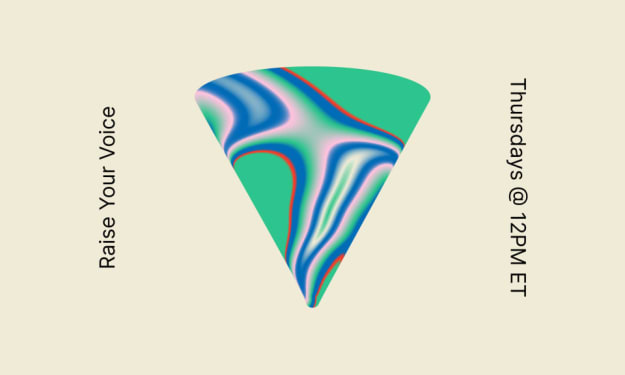Do you know how to identify a Heart Attack and react to it? - This Book helps this and much more
Reacting quickly to a heart attack can help to reduce the risk of complications and improve the chances of survival. Delaying medical attention can increase the damage to the heart muscle and worsen the outcomes.

A heart attack, also known as a myocardial infarction, is a serious medical emergency that occurs when the blood flow to the heart muscle is blocked, causing damage to the heart muscle. Recognizing the symptoms of a heart attack and seeking prompt medical attention is crucial for reducing the risk of complications and improving the chances of survival. In this article, we will discuss how to recognize a heart attack and what to do next.
Symptoms of a heart attack:
The symptoms of a heart attack can vary from person to person and can range from mild to severe. However, some common symptoms of a heart attack include:
Chest pain or discomfort: This is the most common symptom of a heart attack. It can feel like a squeezing, pressure, fullness, or pain in the chest that lasts for more than a few minutes. The pain may also spread to the arms, neck, jaw, back, or stomach.
Shortness of breath: This may occur before or during chest discomfort.
Nausea, vomiting, or indigestion: These symptoms may be accompanied by chest discomfort.
Dizziness or lightheadedness: This may occur along with chest discomfort.
Cold sweat: This may occur along with chest discomfort.
It is important to note that not all people experience chest pain or discomfort during a heart attack. Some people may only experience shortness of breath, nausea, vomiting, dizziness, or other symptoms.
What to do if you or someone else is experiencing symptoms of a heart attack:
If you or someone else is experiencing symptoms of a heart attack, it is important to take action immediately. Here are the steps you should take:
Call emergency services: Call your local emergency services, such as 911, right away. Do not try to drive to the hospital yourself or wait for someone else to do it. Time is crucial during a heart attack, and prompt medical attention can save lives.
Stay calm: Try to stay calm and reassure the person who is experiencing the heart attack. Anxiety and stress can worsen the symptoms.
Have the person sit or lie down: Have the person sit or lie down in a comfortable position, whichever is easier for them.
Give aspirin if advised: If the person is not allergic to aspirin and a doctor or emergency services personnel advise it, give them an aspirin to chew or swallow. Aspirin can help to prevent blood clots that can worsen the heart attack.
Monitor the person's condition: Keep a close eye on the person's condition and be ready to administer cardiopulmonary resuscitation (CPR) if needed. CPR can help to maintain blood flow and oxygenation until medical help arrives.
It is important to note that while waiting for medical help to arrive, you should not give the person any food, drink, or medication unless advised to do so by a healthcare professional.
<< TAKE A PHYSICAL/DIGITAL BOOK TO BECOME A HOME DOCTOR>>
Preventing a heart attack:
While some risk factors for a heart attack, such as age, gender, and family history, are beyond our control, there are many lifestyle changes we can make to reduce our risk of a heart attack. Here are some tips for preventing a heart attack:
Quit smoking: Smoking is a major risk factor for heart disease and can increase the risk of a heart attack. If you smoke, quitting is one of the most important things you can do for your heart health.
Exercise regularly: Regular exercise can help to reduce the risk of heart disease and improve overall health. Aim for at least 30 minutes of moderate-intensity exercise most days of the week.
Eat a healthy diet: Eating a diet that is low in saturated and trans fats, cholesterol, and sodium, and high in fruits, vegetables, whole





Comments
Raghu Hasan Bokam is not accepting comments at the moment
Want to show your support? Send them a one-off tip.